Investigators
Find a Member
Results
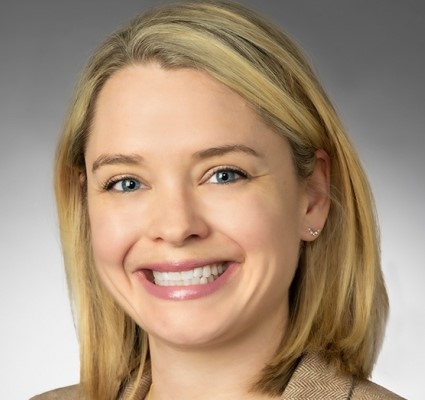
Jessica Daley
Program: Cancer Biology
Summary
Dr. Daley is a junior faculty physician scientist in the Division of Pediatric Hematology-Oncology with a research focus on the immunobiology of pediatric sarcomas. Her current research focuses on Ewing sarcoma and understanding the tumor immune microenvironment of this rare, aggressive adolescent and young adult cancer. In addition to her translational research in Ewing sarcoma, Dr. Daley also helps to lead the Adolescent and Young Adult oncology working group, a shared program between UPMC Children's and Hillman Cancer Center aiming to improve the care of adolescent and young adult patients…
Diwakar Davar
Program: Cancer Immunology and Immunotherapy
Summary
Dr. Davar is a translational medical oncologist with a clinical focus on cutaneous malignancies and a robust background in immuno-oncologic drug development. Dr. Davar's expertise spans from strategic planning to execution across a variety of therapeutic modalities, including pioneering work in microbiome therapeutics. Dr. Davar brings a deep understanding of preclinical models, biomarkers, clinical trial design, and regulatory processes, with extensive experience in leading interactions with the FDA for products at various stages of development. Driven by a passion to improve outcomes for…
Brian Davis
Program: Biobehavioral Cancer Control
Summary
Dr. Davis is a Professor in the Departments of Neurobiology and Medicine at the University of Pittsburgh. During his 35 years of running his own laboratory he as developed three main research programs. The first research program explores normal function of visceral afferents primarily in the colon, bladder and pancreas and how afferent function changes with disease. The second project uses optogenetics to study communication between colon sensory neurons, enteric neurons, interstitial cells of Cajal (ICC), colon epithelium and postganglionic sympathetic neurons with the goal of…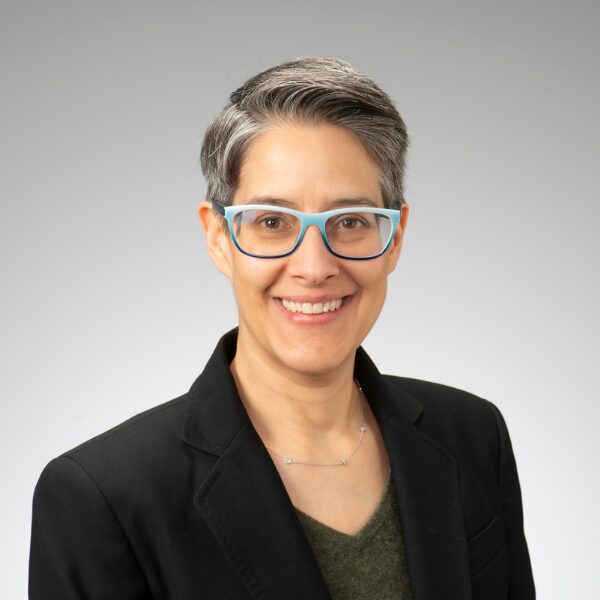
Natacha DeGenna
Program: Biobehavioral Cancer Control
Summary
I investigate longitudinal patterns of drug use and reproductive health in pregnant and parenting people. I take a developmental approach, meaning that I am interested in the timing of behavior within the context of important life events such as puberty, adolescence, young adulthood, pregnancy, and menopause. I am also interested in better understanding health-risk behaviors within the context of families, systems, and communities, including the impact of pervasive structural racism and discrimination, sexism, and…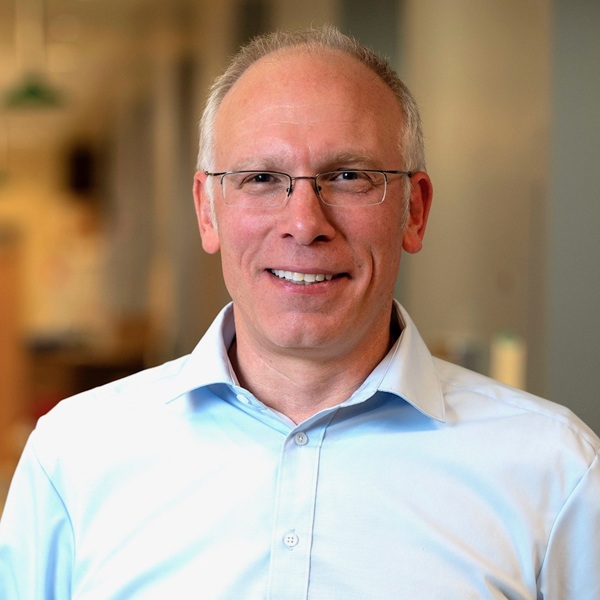
Alexander Deiters
Program: Cancer Therapeutics
Summary
The Deiters Lab works in the areas of Chemical Biology and Synthetic Biology, with the goal of developing novel approaches toward a better understanding of human health and disease. This includes 1) the discovery of small organic molecules that inhibit or activate specific biological pathways. Our discovered microRNA inhibitors have therapeutic implications in cancer and viral infections. 2) We are developing methods for specific covalent modification of proteins and cell surfaces with applications in inhibition of protein function and immunotherapy. 3) We are genetically re-wiring the…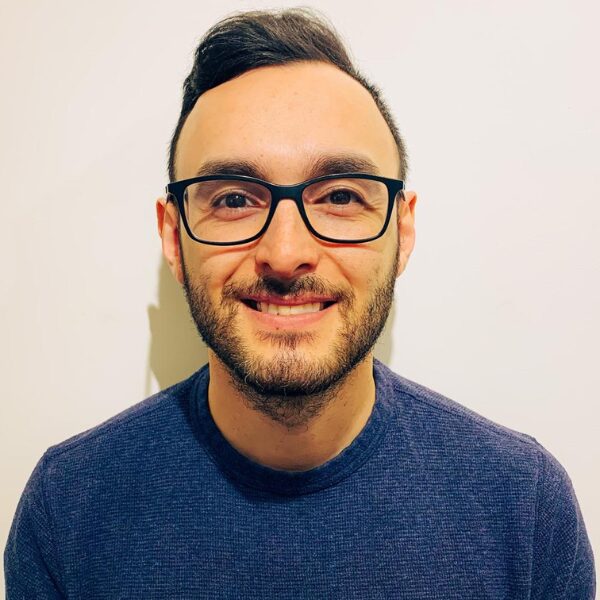
Evan Delgado
Program: Cancer Biology
Summary
My research interests include: 1. Immune-oncology and immune microenvironment in Hepatocellular Carcinoma 2. Role of scaffold proteins (e.g., IQGAP1) in liver disease and regeneration. 3. Developing a more accurate model of Hepatocellular Carcinoma that efficiently replicates the human disease. My overall goal is to challenge the unmet need of effective targeted therapies for Hepatocellular Carcinoma (HCC) by studying the immune landscape to develop personalized immunotherapies for HCC. Additionally, it is my goal to develop a model of HCC that better represents the human disease such that…
Greg Delgoffe
Program: Cancer Immunology and Immunotherapy
Summary
In recent years, the decades-long promise of tumor immunotherapy has finally begun to come to fruition. Checkpoint blockade, for example, represents a critically important intervention for potentiating the antitumor immune response. In these therapies, blockade of T cell intrinsic negative regulators (such as CTLA-4 and PD-1 signaling) releases the brake on effector T cells in the tumor, resulting in substantial, durable antitumor immunity, and clinical responses. While negative regulators on the effector T cells can be relieved through these interventions, effector T cells still face a…
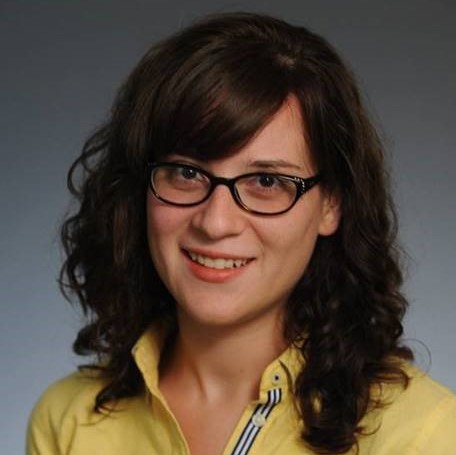
Kathryn Demanelis
Program: Cancer Epidemiology and Prevention
Summary
My training is in molecular cancer and environmental epidemiology. Through my doctoral and postdoctoral research, I developed skills in advanced statistical analysis and programming, genetics, epigenomics, and cancer registry analysis. Given my data science skills and ability to translate data results to practice (e.g. grants, research directions, clinic), I was hired to serve as collaborator and resource for HCC investigators and as bridge between the epidemiology and biostatistics groups at HCC. My research interests focus on 1) utilizing cancer registry data to explore socio-economic,…
Terence Dermody
Program: Cancer Virology
Summary
Terence S. Dermody is the Vira I. Heinz Distinguished Professor and Chair of Pediatrics at the University of Pittsburgh School of Medicine and physician-in-chief and scientific director at UPMC Children's Hospital of Pittsburgh. He also is professor of microbiology and molecular genetics at the University of Pittsburgh School of Medicine.With over 38 years of experience in basic virology and viral pathogenesis research, at his core, Dermody is a virologist. Most of his research has focused on reovirus, an important experimental model for studies of viral encephalitis in the young. His…
Rajeev Dhupar
Program: Cancer Immunology and Immunotherapy
Summary
Rajeev Dhupar, MD, is an associate professor of cardiothoracic surgery with clinical interests in lung cancer, esophageal cancer, mediastinal tumors, and metastatic cancer to the lung. He uses robotic and other cutting edge technologies to perform minimally invasive operations and participates in both surgical and non-surgical clinical trials. He collaborates with industry in the development of next generation tools for the surgical treatment of cancers in the lung. His clinical-translational research focus is on the effects of toxic respiratory exposures and the subsequent development…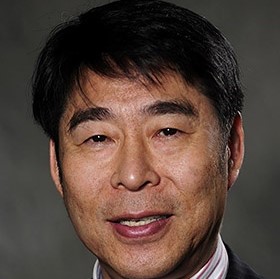
Yuanpu Di
Program: Genome Stability
Summary
The purpose of my laboratory’s research is to investigate the effects of environmental exposure on the host. We are particularly interested in infection and immunity on the lung and its associated pathophysiological response during injury, repair, and regeneration. The primary focus of my current research is the cellular and molecular actions of exposures to toxic chemicals and microorganisms that underlie the pathogenesis of chronic human diseases. Areas of research: 1. Lung epithelial cell phenotype, differentiation, and function upon exposure; 2. Inflammation-associated tissue…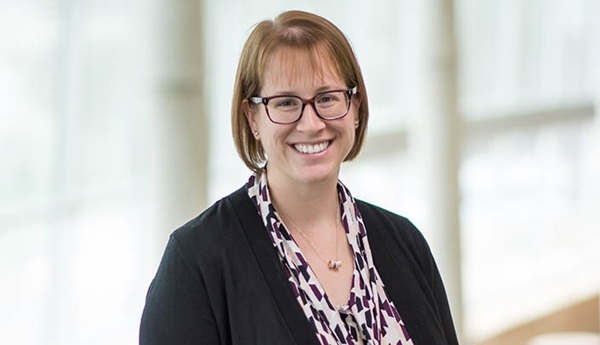
Kristin Dickinson
Program: Biobehavioral Cancer Control
Summary
Dr. Dickinson’ program of research focuses on oncology symptom science and supportive care. Her work centers on two main areas: symptom science and lifestyle-based interventions.Symptom Science: Dr. Dickinson’s research in this area primarily targets cancer-related fatigue. She aims to better define the cancer-related fatigue phenotype, understand its biological correlates, and create personalized interventions for management. Her work explores the role of mitochondrial function and oxidative stress in cancer-related fatigue, particularly in men undergoing radiation therapy for prostate…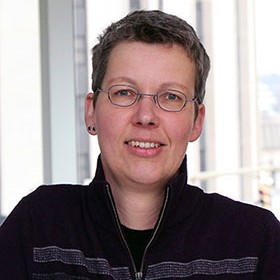
Brenda Diergaarde
Program: Cancer Epidemiology and Prevention
Summary
Dr. Diergaarde's research examines the role of diet, lifestyle and genetic variation in the development, progression and treatment of cancer, including cancers of the lung, head and neck, colon, ovaries and breast, and aims to identify markers for risk stratification, early detection and response to treatment. She is currently Co-Leader of Project 2 of the UPCI Specialized Program of Research Excellence (SPORE) in Lung Cancer. This project seeks to establish the relationship between vitamin D exposure, pulmonary inflammation and lung cancer risk and so provide strong rationale for a vitamin…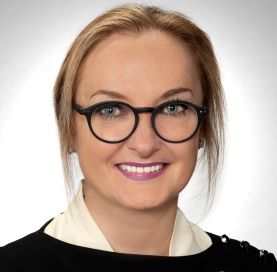
Vera Donnenberg
Program: Cancer Biology
Summary
Dr. Vera Donnenberg is a Professor of Cardiothoracic Surgery in the School of Medicine at the University of Pittsburgh with a secondary appointment in the Department of Pharmaceutical Sciences in the School of Pharmacy. Dr. Donnenberg's research focuses on tumorigenic stem cells in lung cancer, esophageal cancer, and breast cancer; pleural metastases; therapeutic resistance; interaction of tumor cells and regenerating tissue; lung immunology; and pleural immuno-oncology. Dr. Donnenberg has written over 395 publications, abstracts, book chapters, and other scientific presentations. Throughout…
Heidi Donovan
Program: Biobehavioral Cancer Control
Summary
Dr. Donovan’s research interests are in the development and testing of interventions to improve symptoms and quality of life among individuals with cancer and their family caregivers (NINR R01NR010735; NR01370; 90RTGE0002). She has specific expertise in the integration of theory and evidence to design and test e-health interventions to improve self-management for families facing chronic and life threatening illnesses and disabilities. Her work has been grounded in the Representational Approach (RA) to patient education, an intervention theory that she co-developed. The RA has been…
Kathleen Dorritie
Program: Cancer Therapeutics
Summary
Dr. Dorritie specializes in hematologic malignancies, with a focus on multiple myeloma and lymphoma. She played a key role in the development of the chimeric antigen receptor (CAR) T-cell and bispecific antibody programs at UPMC. She serves as lead or co-investigator on several clinical trials in these areas. She currently serves on the ECOG Lymphoma Committee and SWOG Myeloma…
Jan Drappatz
Program: Cancer Therapeutics
Summary
My research is directed towards the development of new therapies for primary and secondary brain tumors using targeted drugs, inhibitors of angiogenesis, and immunotherapies. I am also interested in the identification of molecular markers of prognosis in patients with malignant glioma and other primary brain tumors.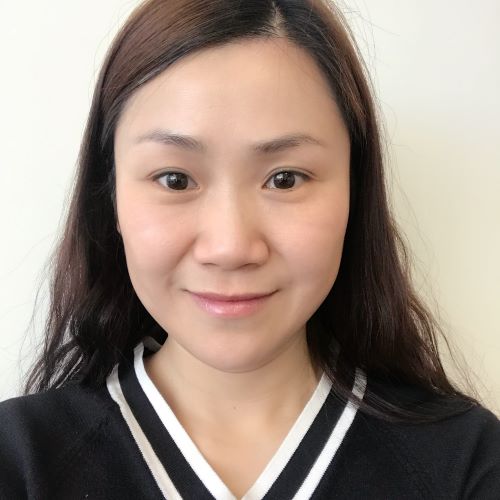
Wei Du
Program: Genome Stability
Summary
Dr. Du's research is centered on pathophysiology of hematologic diseases such as bone marrow (BM) failure and leukemia. She has a broad background in hematopoiesis, stem cell biology & aging, cellular metabolism and tumor microenvironment, with specific training and expertise in DNA damage response/repair, metabolite profiling, and in vivo disease modeling. Her early research covered understanding the mechanism of hematopoietic stem cell (HSC) mobilization and BM niche engraftment as well as the factors implicated in cell proliferation and apoptosis; identification of…
Genia Dubrovsky
Program: Cancer Therapeutics
Summary
My clinical and research interests are in the study of improved diagnostics and treatments for patients afflicted with pancreatic cancer. Specifically, in collaboration with researchers at UPMC Hillman Cancer Center and at the University of Pittsburgh, I am active in the following research projects: 1) using surgical drain fluid to perform liquid biopsy for improved staging of patients with PDAC; 2) gamma-delta TIL therapy for patients with metastatic PDAC; 3) radiomics for improved pre-operative staging and risk-stratification for patients with PDAC; 4) novel drug delivery systems for…
Andrew Duncan
Program: Genome Stability
Summary
Research in the Duncan Lab focuses on liver development, homeostasis, and regeneration. Polyploidy is a defining feature of the adult liver. Hepatocytes are either mononucleated or binucleated, and ploidy is determined by the number of nuclei per cell as well as the ploidy of each nucleus. Although hepatic polyploidy has been described for well over 100 years, the functional role of hepatic polyploidization is unclear. Dr. Duncan’s lab recently showed that regenerating polyploid hepatocytes undergo specialized cell divisions to form aneuploid daughter cells, generating a high degree of…


